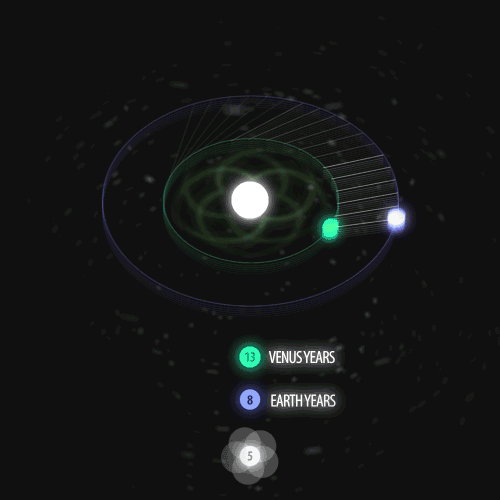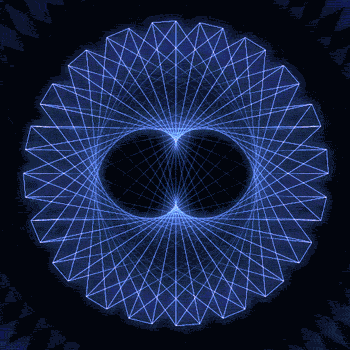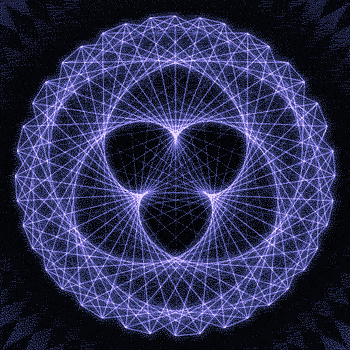Help The Association Of Astrophysics Of Asea (https://www.facebook.com/astroasea/) To Build An Astronomical

Help the Association of Astrophysics of Asea (https://www.facebook.com/astroasea/) to build an Astronomical Observatory in Asea, Arcadia, Greece! Donations made via Jump Start (http://www.jumpstartgreece.com/projects/arcadian-astronomical-observatory-astro-tourism/)! http://www.sciencephysics4all.com/902rhothetarhoalpha1/arcadian-astronomical-observatory-astro-tourism
Βοήθησε και εσύ τον Σύλλογο Αστροφυσικής Ασέας (https://www.facebook.com/astroasea/) να κατασκευάσει ένα Αστεροσκοπείο στην Ασέα Αρκαδίας! Οι δωρεές γίνονται μέσω της ιστοσελίδας Jump Start (http://www.jumpsttgreece.com/projects/arcadian-astronomical-observatory-astro-tourism/)!
More Posts from Sciencephysics4all-blog and Others
Edison’s Cradle?

Supplementing the Newton’s Cradle post, Behold the Edison’s cradle ! :)
As part of his senior thesis exhibition at Musashino Art University in Tokyo, art student Yasutoki Kariya re-imagined the ubiquitous desktop gadget, Newton’s Cradle, using a lovely sequence of light bulbs.
Entitled Asobi(which translates roughly as “playing“) the 11-bulb installation creates a visual interpretation of the popular toy named after Sir Isaac Newton demonstrating his third law of motion regarding momentum: that for every action there is an equal and opposite reaction.

The ingenious deception.
However, instead of actual energy created by the kinetic force of steel balls, Kariya devised a method for using programmed light and two surreptitiously placed pistons to create this purely visual experience that’s arguably more mesmerizing than the original concept.

Poker game #sciphy4all #science #physics #programming #computer #computers #pc#perl #python #basic #c #javascript #php #java





Fibonacci you crazy bastard….
As seen in the solar system (by no ridiculous coincidence), Earth orbits the Sun 8 times in the same period that Venus orbits the Sun 13 times! Drawing a line between Earth & Venus every week results in a spectacular FIVE side symmetry!!
Lets bring up those Fibonacci numbers again: 1, 1, 2, 3, 5, 8, 13, 21, 34..
So if we imagine planets with Fibonacci orbits, do they create Fibonacci symmetries?!
You bet!! Depicted here is a:
2 sided symmetry (5 orbits x 3 orbits)
3 sided symmetry (8 orbits x 5 orbits)
5 sided symmetry (13 orbits x 8 orbits) - like Earth & Venus
8 sided symmetry (21 orbits x 13 orbits)
I wonder if relationships like this exist somewhere in the universe….
Read the Book | Follow | Hi-Res -2- -3- -5- -8-





Saturn in different wavelengths.
1) Ultraviolet
2) Infrared
3) Infrared
4) X-Ray and Optical
5) Optical

See Red Spot nearby photos from NASA's Juno Mission to Jupiter! https://goo.gl/oh2WAK

- Excuse me. For the fractal geometry? - At the end of the corridor.
Optical illusions #sciphy4all #science #physics #optical #illusion #opticalillusion #Kokichi #Sugihara #KokichiSugihara #opticalillusions #optical_illusion
What’s Up for July 2016?

What’s Up for July? Use Saturn as your guide to a tour of the summer Milky Way.

Saturn continues to dazzle this month. Its wide rings and golden color provide a nice contrast to nearby Mars and Antares. Below Saturn lies the constellation Scorpius, which really does look like a scorpion!

Through binoculars or telescopes you’ll be able to spot two pretty star clusters: a compact (or globular) cluster, M-4, and an open cluster, M-7. M-7 is known as Ptolemy’s cluster. It was observed and cataloged by Greek-Egyptian astronomer Ptolemy in the first century.

Climbing north, you’ll be able to spot the teapot shape which forms part of the constellation Sagittarius. The center of the Milky Way is easy to see. It looks like bright steam rising from the teapot’s spout.

With difficulty, a good star chart and a medium-sized telescope you can locate faint Pluto in the “teaspoon” adjacent to the teapot.

A binocular tour of this center core of the Milky Way reveals many beautiful summer sky objects. We first encounter the Eagle Nebula, M-16. Part of this nebula is featured in the famous and beautiful “Pillars of Creation” images taken by our Hubble Space Telescope.

You’ll have to stay up later to see the northern Milky Way constellations, which are better placed for viewing later in the summer and fall. Cygnus the swan features the prettiest supernova remnant in the entire sky, the Veil Nebula. It’s too big to fit in one eyepiece view, but luckily there are three sections of it.

Look between Aquila and Cygnus to find three tiny constellations: Delphinus the dolphin, Vulpecula the fox and Lyra the lyre (or harp). M-57, the Ring Nebula, is the remains from a shell of ionized gas expelled by a red giant star into the surrounding interstellar medium. It’s pretty, too! Look in Vulpecula for the Dumbbell, another planetary nebula.

We’ll end our summer tour with Lacerta the lizard and Draco the Dragon. Lacerta is home to a star with an extrasolar planet in its orbit, and Draco, facing away from the center of our Milky Way, is a treasure trove of distant galaxies to catch in your telescope.
Watch the full What’s Up for July 2016 video HERE.
You can catch up on current missions and space telescopes studying our Milky Way and beyond at www.nasa.gov.
Make sure to follow us on Tumblr for your regular dose of space: http://nasa.tumblr.com

Thermal Processes with Ideal Gas
